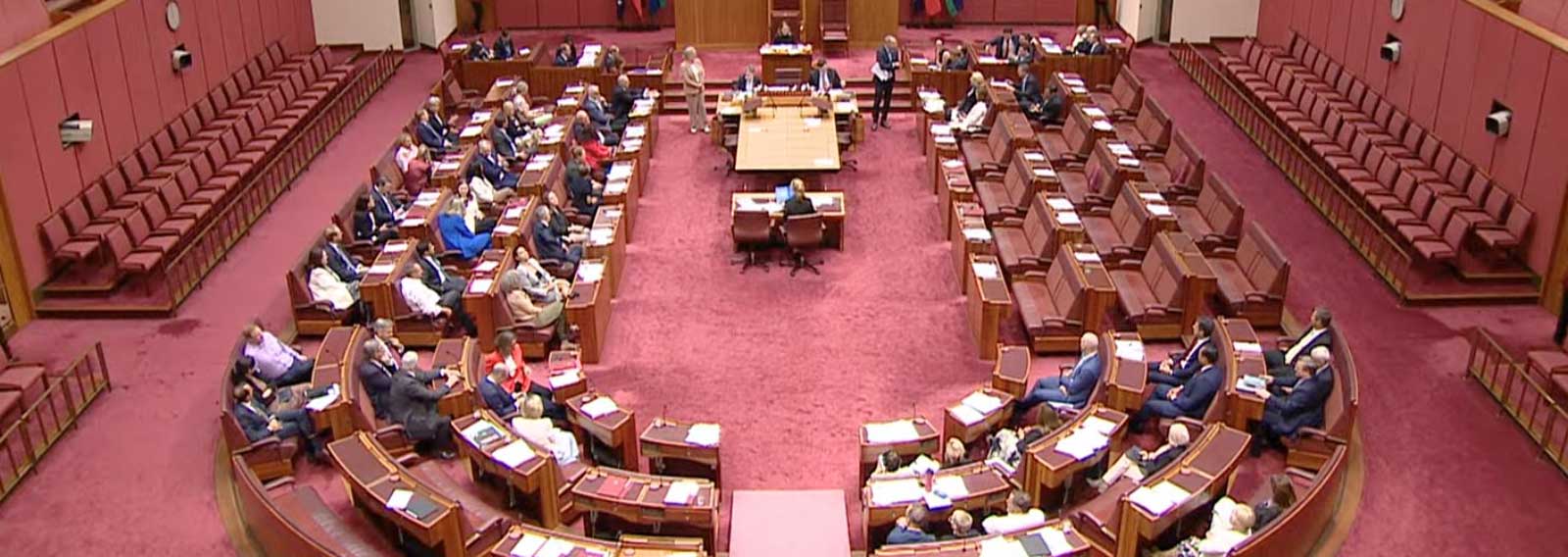Drawing on the work of two American writers, Jonathan Haidt and Greg Lukianoff, Paul Kelly wrote recently of ‘the three great lies corroding Western cultures’. In his view, these are: first, that disputes today are a battle between good (defined as the oppressed victims) and evil (defined as the privileged minority); secondly, that people will be made weaker by being challenged so they need to be protected and made safe; and thirdly, that we must always trust our feelings.
All that is undeniable, but associated with these great lies is the confusion in our view of the law. In the Bible there is what we might call ‘primary moral law’ which consists of the commandments which forbid idolatry, murder, sexual immorality, stealing, and other sins (the Ten Commandments, for example). Then there is what we might call ‘secondary law’ where, for example, God forbids partiality, or what in some circumstances we might call ‘discrimination’. In the Old Testament, God declared to Israel: ‘You shall do no injustice in court. You shall not be partial to the poor or defer to the great, but in righteousness shall you judge your neighbour’ (Lev.19:15). Furthermore, ‘Cursed be anyone who perverts the justice due to the sojourner, the fatherless, and the widow. And all the people shall say, “Amen”‘ (Deuteronomy 27:19; see too Deut. 10:17).
The New Testament repeats the command to show no partiality (James 2:9), for God himself shows no partiality (Acts 10:34; Romans 2:11; 1 Peter 1:17). This would mean, for example, that it would be decidedly unchristian for a professedly Christian shop-keeper to refuse to serve a Muslim on the grounds that he is a Muslim. It might seem as though the ‘no partiality’ approach of the Bible is rather similar to the ‘no discrimination’ approach in modern law, but this is not so.
In the biblical approach, secondary law feeds off primary moral law. To give one obvious example, the Bible forbids homosexual acts as unnatural offences against primary moral law. Therefore, the prohibition against showing partiality cannot be interpreted in a way that protects sexual immorality. Toleration within biblical boundaries is laudable (Rom.14:1, 10; 15:1); outside those boundaries it to be rejected (2 Cor.11:4; Rev.2:20). What happens in modern law – and in the popular perception of it – is that secondary law becomes primary, even absolutist. To discriminate against someone becomes an offence against the first and great – and even only! – commandment. At the same time the primary moral law of the Bible drops out, and in cases of sexual ethics, runs the risk of being criminalised.
One result is what has been called the ‘Boo-Hurrah’ theory of ethics. If I am offended by what you say, then I am a victim and should be protected by law; if I like a certain lifestyle, then it is my protected ‘truth’ and nobody can challenge me. Primary moral is perceived, then, as unloving and even dangerous. As C. S. Lewis saw: ‘We make men without chests and we expect of them virtue and enterprise. We laugh at honour and are shocked to find traitors in our midst. We castrate and bid the geldings be fruitful.’
Australian governments have all passed Anti-Discrimination Acts which have allowed exemptions for churches, Christian schools and other religious organisations regarding sexuality. Logically, that will not last, and it is now obviously crumbling before our eyes. This is wonderful news for the unelected lawyers and judges who sit on anti-discrimination boards. As Charles Dickens commented in Bleak House: ‘The one great principle of the English law is, to make business for itself.’ The less Christian a society is, the more litigious it will be.
Some evangelicals have spoken of ‘building bridges with LGBTI people’ and that ‘sometimes brothers and sisters disagree on the way forward’. We need to be as loving as we can manage, but there will be no rewards for naivety. Charles Colson recalled his time in the White House during the Nixon administration when visitors and lobbyists would meet him. Also, ‘none were more compliant than the religious leaders.’ The whole framework which governs modern law is wrong, and too many Christians are trying, unsuccessfully in the long run, to argue that exemptions to a good law are good. That does not make sense. What is wrong is the modern view that ‘no discrimination’ makes for good law without clear, objective, God-given boundaries.




















